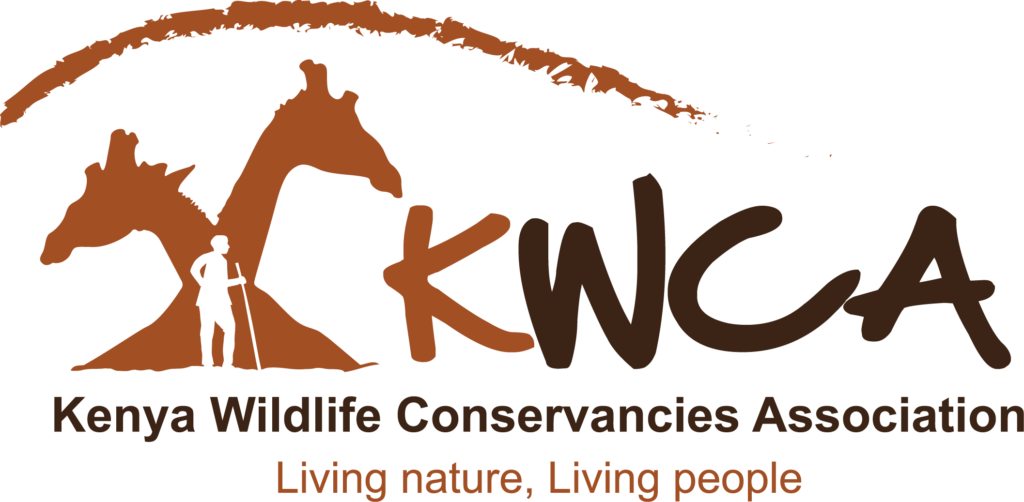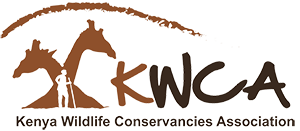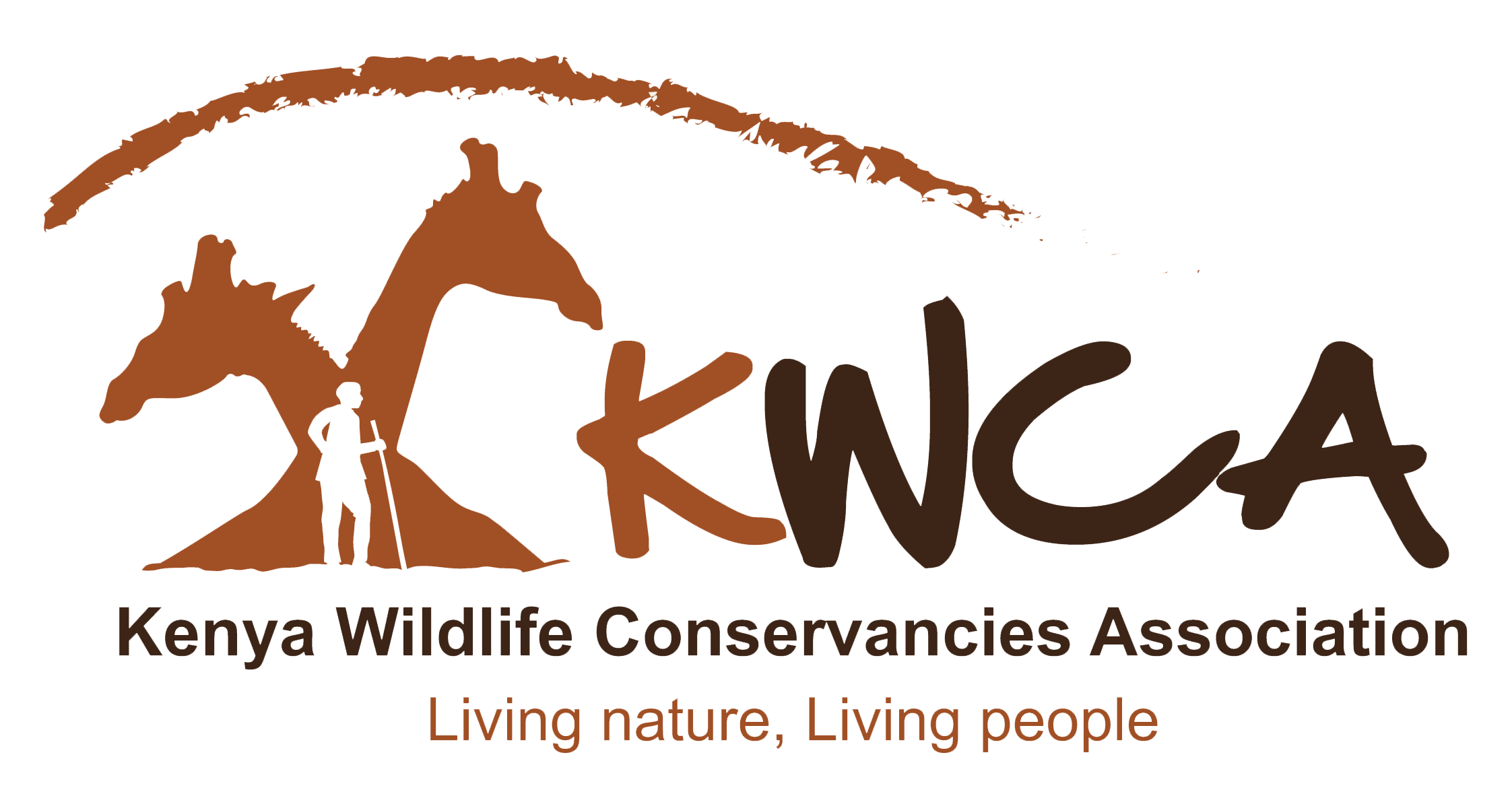Consultancy Opportunity: Development of Ecosystem Management Planning Guidelines

TERMS OF REFERENCE FOR CONSULTANCY ON FORMULATION OF ECOSYSTEM MANAGEMENT PLANNING GUIDELINES TO GUIDE PARTICIPATION OF WILDLIFE CONSERVANCIES IN KENYA
Background
The Kenya Wildlife Conservancies Association (KWCA) is a national landowner led membership organisation, established in 2013 to serve the interests and collective voice of over 160 community and private conservancies. KWCA works to create an enabling environment for conservancies to thrive by advocating for the right policies, laws and incentives and supporting them through information sharing, and capacity building. KWCA recognises that conservation planning using an ecosystem approach is vital to attaining longterm outcomes and a critical step in guiding conservancy plans.
This is in cognisant that Kenya’s important wildlife areas are experiencing increasing external pressures from human development and associated land use changes. Dispersal areas and migration routes that are vital to the survival of most large mammals can not be contained within a single protected area (either national park, national reserve or conservancy), in many cases conservation incompatible land uses, such as arable or irrigated agriculture, human settlements, towns and infrastructure are threatening the conservation of protected and conserved area, hence conservation planning has to take a wider geographic view.
In addition, water sources in catchment areas that are vital to protected area biodiversity and which may be far away from the protected areas may determine the health of the ecosystem downstream. Similarly, forest patches or grasslands on settled land areas are vital for dry season migration of wildlife in response to seasonality of available resources. As such, to succeed in conserving protected and conserved areas, there is a need for protected area managers to undertake, or promote, management actions beyond the boundaries of the protected areas.
Ecosystem planning is a process and tool for stakeholder to foster dialogue on what actions to take individually and collectively to address the root causes of external pressures, management actions to address these pressures and responsibilities for the various stakeholders to address longterm threats to the ecosystem resources.
Section 4 (c) of the Wildlife Conservation and Management Act, 2013 requires that wherever possible, conservation and management of wildlife shall be encouraged using an ecosystem approach.The ecosystem approach recognises that ecosystems function as whole entities and often go beyond jurisdictional boundaries, promote collaboration across governance boundaries to ensure that ecological systems and landscape level species are sustainably managed.
Despite the legal requirement, few ecosystem management plans have been developed in the country and the stakeholders,,particularly conservancies are inadequately informed or prepared to participate in ecosystem planning processes. The consultancy aims to develop a guide on formulating ecosystem management planning to guide stakeholders, mainly conservancy leaders and members in effective participation during the process to develop ecosystem plans, and key considerations in ensuring the ecosystem plans meet the required standards and public participation.
Objective of the Assignment
The objective of this consultancy is to develop ecosystem management planning guidelines to guide wildlife conservancies in Kenya to participate effectively in the development and implementation of ecosystem plans.
Scope of Work
The consultant shall;
- Define terms and concepts used in ecosystem planning for ease of reference and understanding and outline the relevance of the ecosystem plan
- Conduct desk research on application of the ecosystem approach to wildlife conservation and management locally and internationally to identify broad principles of good practice that can be adapted to planning for ecosystems in the country;
- Define parameters and considerations to be employed in designing the geographical extent of the ecosystem plan and the natural resources to be planned for including current and past trends and key drivers
- Outline an ecosystem based planning process and standards through which conservation stakeholders can share, develop and analyse their knowledge of the ecosystem and plans to adress the ecosystem challenges;
- Outline information and data needed and the sources of the information needed in the planning process
- Describe participatory planning methods that can be used to optimise the application of local knowledge and human resources to foster bottom-up plan ownership and build capacity for implementation; and
- Identify the roles and responsibilities of key stakeholders in ecosystem based planning and management and the stages on which their contributions is apt
- Describe the steps from formulation, approvals and gazetting of the plans and the roles of wildlife in ecosystem planning cycle
Deliverables
The consultant will submit the following reports:
- Inception report
- Draft Ecosystem Management Planning Guidelines
- Final draft Ecosystem Management Planning Guidelines
Qualifications
The consultant should meet the following qualifications:
- minimum Master’s Degree in any of the following: biological sciences, natural resource management, environment, conservation, or wildlife management;
- substantial professional expertise in conservation and environment;
- previous involvement in either ecosystem, conservancy or national park management planning;
- good English communication skills (both oral and written); and
- Good knowledge of the standard Microsoft Office applications.
Submission of Technical and Financial Proposals
The consultant will submit technical and financial proposals, and a Curriculum Vitae. Proposals will be submitted to KWCA through [email protected] on or before 20th April, 2021.


